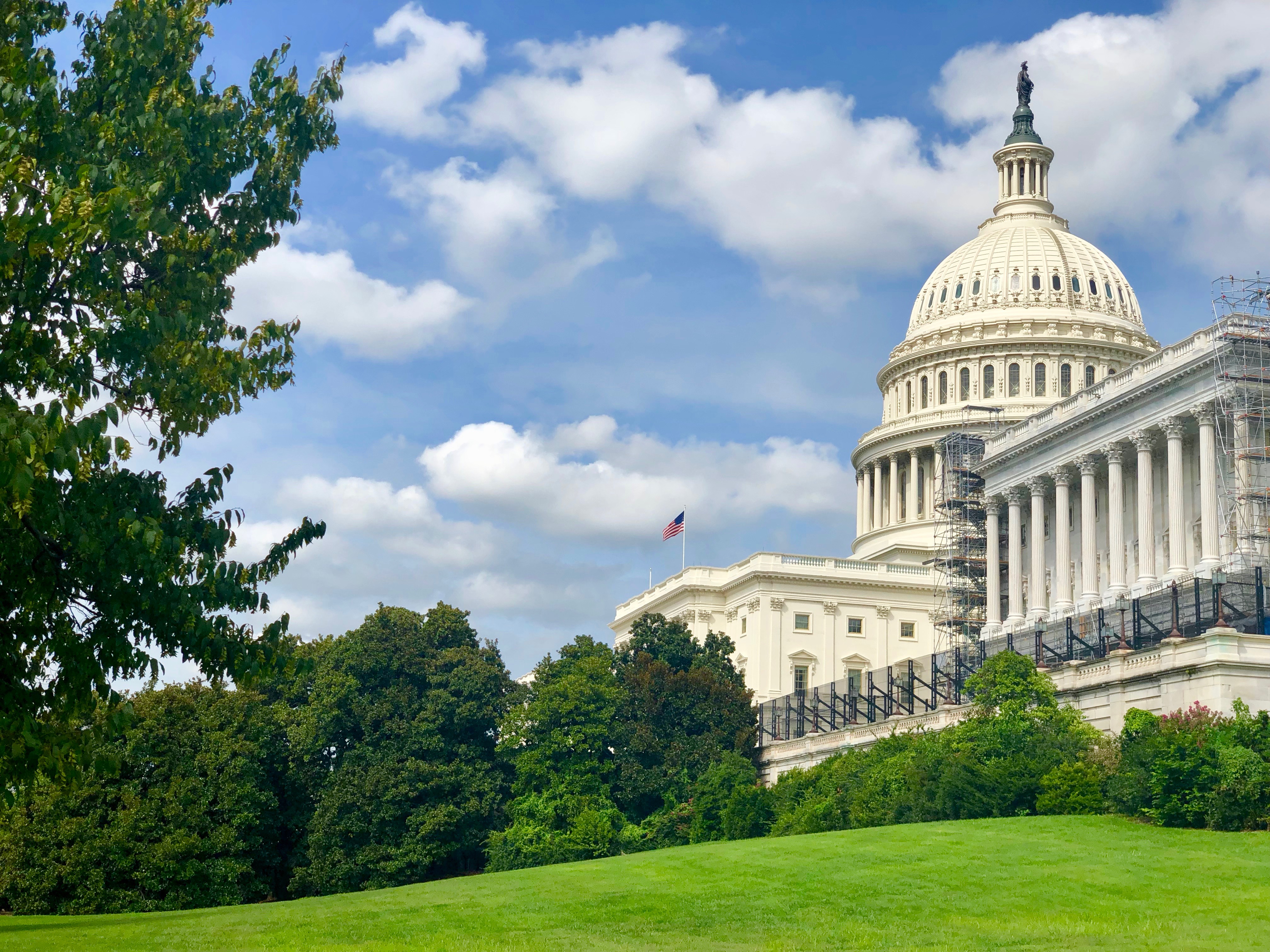Every year the Congressional Research Service submits a report to Congress that provides some information about the agency’s work over the preceding year. From these reports you can glean some insights about how the agency is run, what they prioritize, the long term projects they have undertaken, get a list of new CRS reports, and understand a bit about their interrelationship with Congress. In general terms, it’s a promotional piece for CRS that shows the agency’s work in the best possible light — it’s geared for appropriators — and also includes some useful information about CRS’s operations. Many agencies publish these kinds of promotional reports.
The reports are a snapshot, and on their own don’t provide much information about changes in the agency’s behavior over time. However, if you take the data from reports across many years, you can start to draw conclusions about how their operations have changed. We’ve tried to do just that — but ran into some interesting stumbling blocks. This article is about how hard it is to get information that should be publicly available.
Continue reading “Have CRS Annual Reports Disappeared?” →
